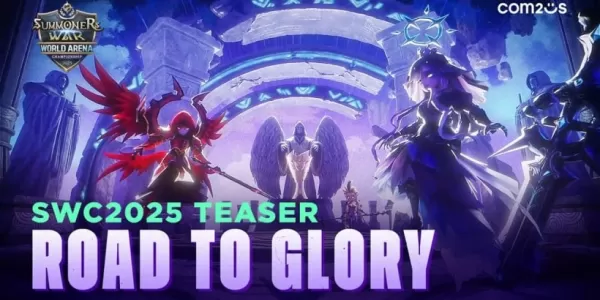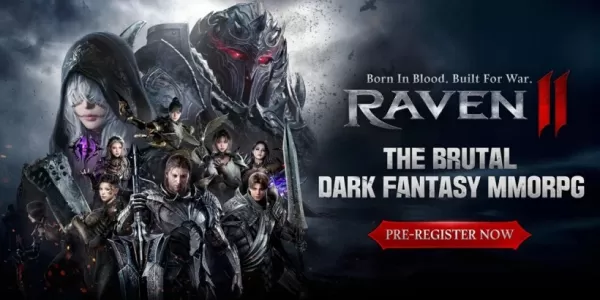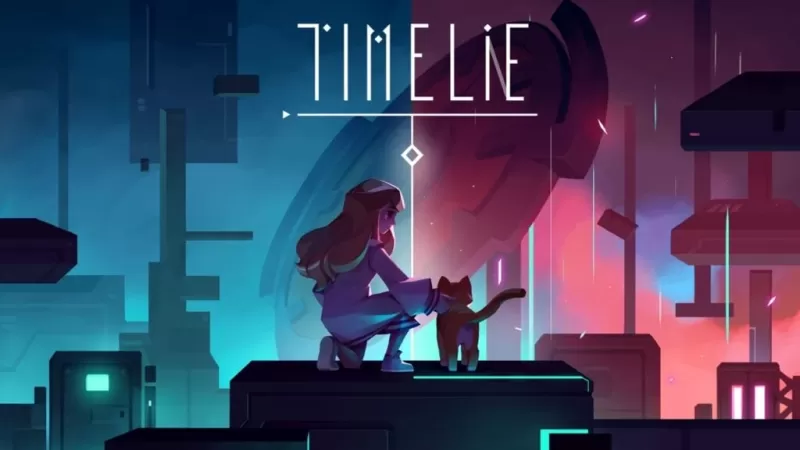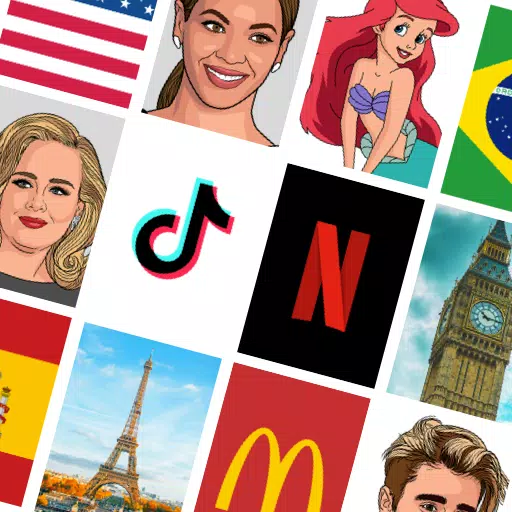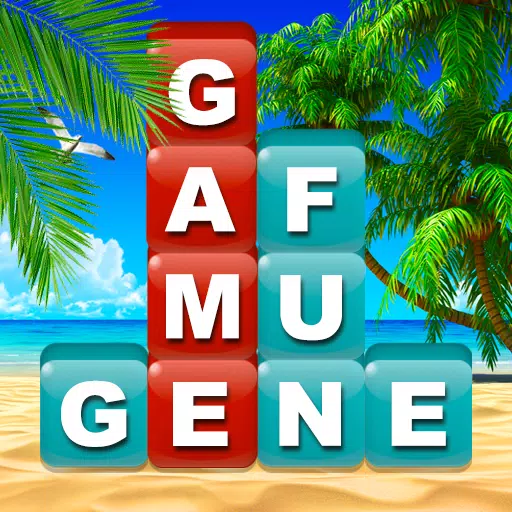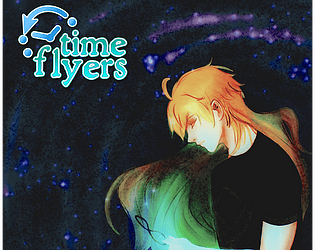Activision recently stirred the gaming community by unveiling advertisements for new projects within its well-known franchises, such as Guitar Hero, Crash Bandicoot, and Call of Duty. However, the buzz wasn't about the new games themselves, but rather the use of neural networks to create the promotional materials.
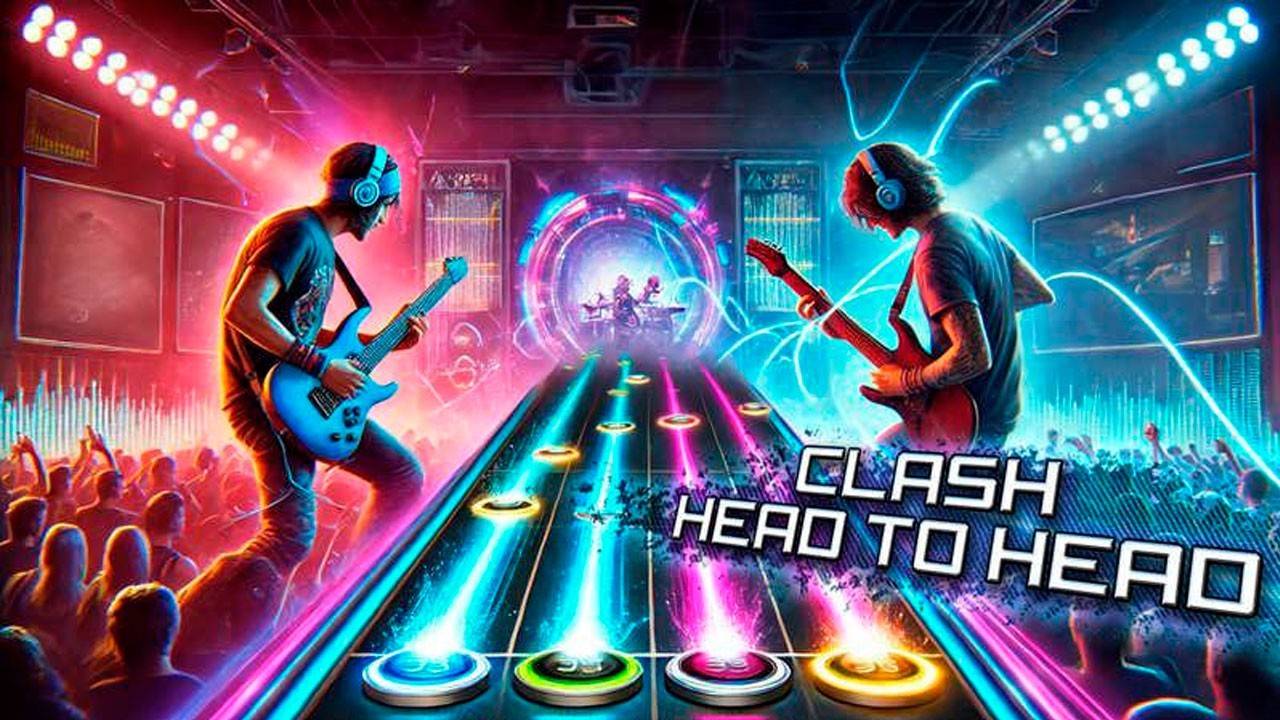 Image: apple.com
Image: apple.com
The first ad surfaced on one of Activision’s social media platforms, promoting Guitar Hero Mobile and directing users to a pre-order page on the App Store. Fans quickly spotted the odd, unnatural visuals, which sparked widespread discussion. Subsequently, similar AI-generated art appeared in ads for other mobile titles, including Crash Bandicoot Brawl and Call of Duty Mobile. Initially, many believed that Activision's accounts were compromised, but it was soon revealed to be an unconventional marketing experiment.
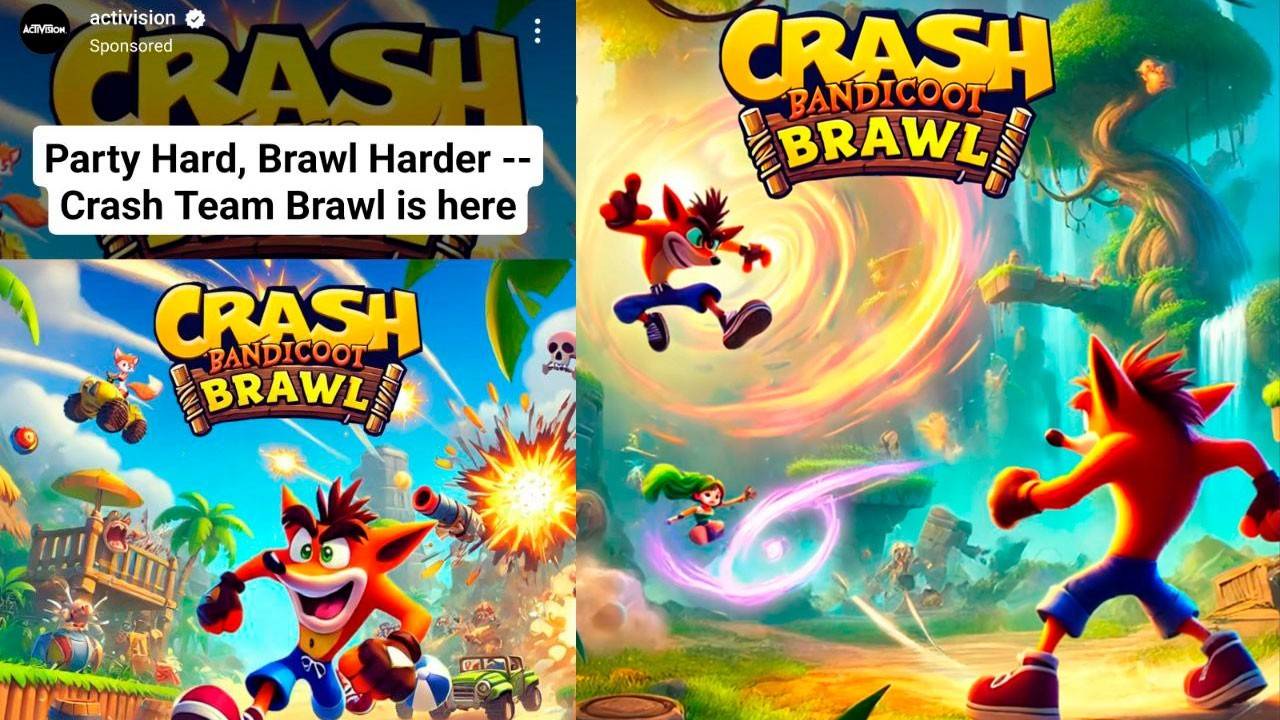 Image: apple.com
Image: apple.com
The response from the gaming community has been predominantly negative. Players expressed frustration over Activision's decision to use generative AI rather than collaborating with professional artists and designers. Concerns were voiced that this approach might lead to games being perceived as "AI garbage." Some even compared it to Electronic Arts, a company often criticized for its gaming decisions.
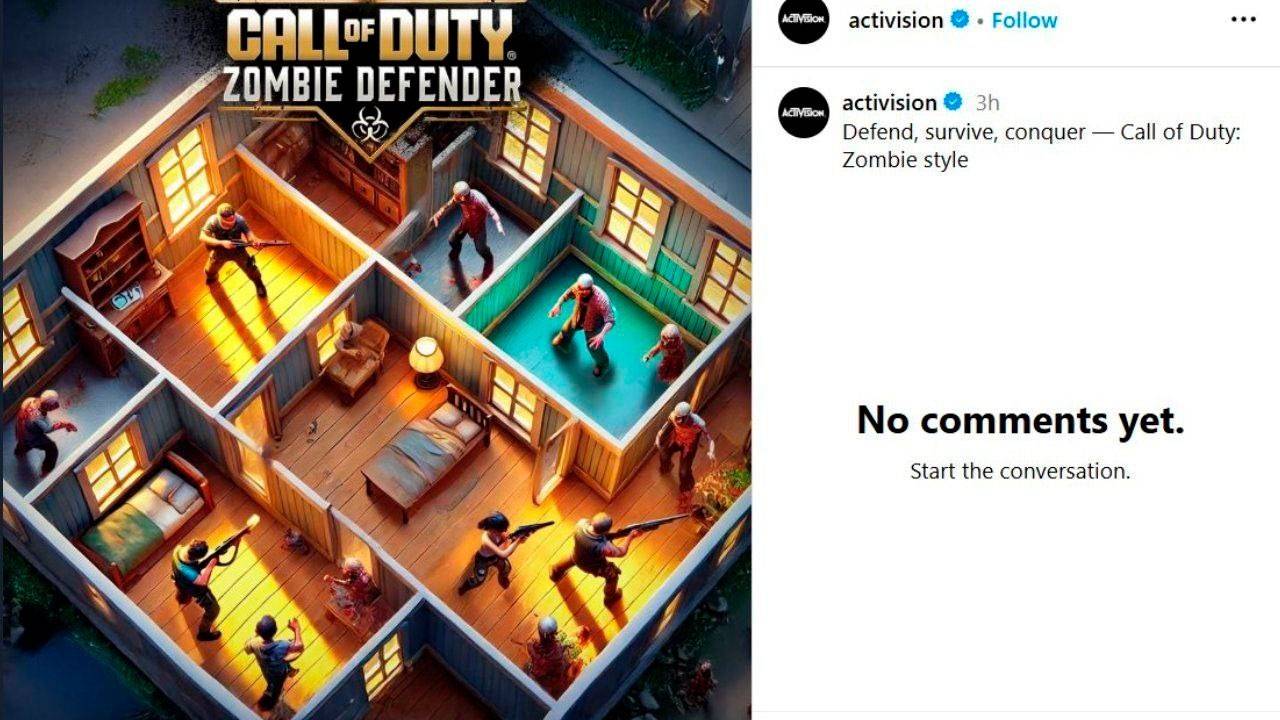 Image: apple.com
Image: apple.com
The use of AI in both development and marketing is increasingly becoming a controversial topic for Activision. The company has confirmed that neural networks are actively being employed in the creation of content for Call of Duty: Black Ops 6.
In response to the backlash, some of the promotional posts were taken down. It remains uncertain whether Activision truly intends to launch these games or if they are merely gauging audience reactions with provocative materials.


